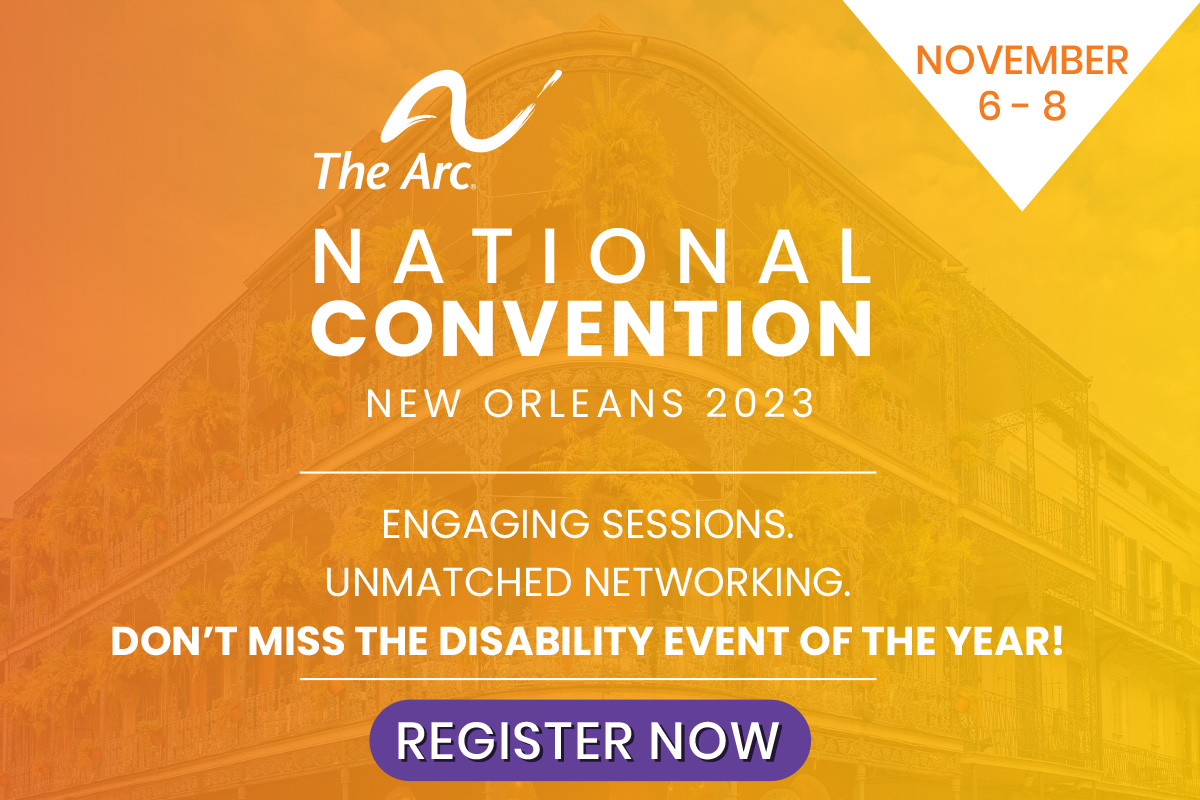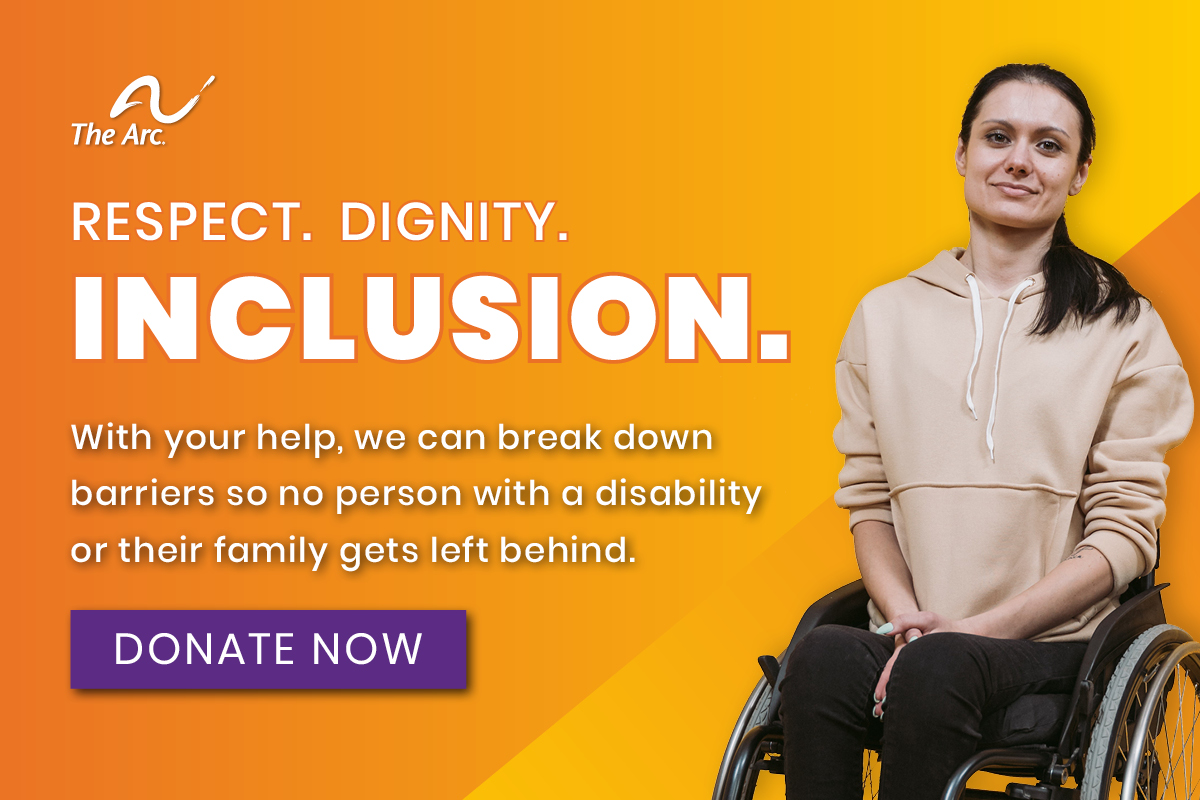Contents
- How can students with disabilities begin planning for college?
- Do students with disabilities have to take the college admissions tests such as the SAT?
- How should students with disabilities prepare for college admissions tests?
- What other steps can students with disabilities take to prepare for college?
- Where can students learn more about this?
How can students with disabilities begin planning for college?
To help prepare for college, students may take the following steps:
- Record admission deadlines and register for appropriate tests (PSAT, SAT)
- Fill out applications
- Learn about financial aid options
- Request letters of recommendation from teachers/adults
- Write college essays, if required
- Send in the application and follow up with college admissions office to make sure application is complete
- Attend a college tour
Do students with disabilities have to take the college admissions tests such as the SAT?
Not all colleges require test scores as part of the admissions application. Some special college programs for students with disabilities also may not require test scores as part of the application. However, it is important to be aware of whether or not scores are necessary when applying to specific colleges.
How should students with disabilities prepare for college admissions tests?
If a student’s documentation clearly states that his or her disability directly impacts test performance, he or she should:
- Apply for testing accommodations for high-stakes college admissions tests.
- Request in excess of 100% additional time (double time) to complete the exam (a requirement by The College Board)
Test scores are no longer flagged as being taken any differently than any other, so the college admissions director is not aware which students took tests with accommodations.
What other steps can students with disabilities take to prepare for college?
Students with disabilities may follow the same process as their peers to apply to college, but there are also some additional steps, they to need to consider. These include:
- The transition plan: What will be a good fit with transition goals (academic interests, available services, location, resources to meet goals, etc.?)
- Location: Is this a local college with access to public transportation? Is it located a distance away from home that will limit home visits?
- Competitiveness: Is this a hard school to get into? Some students may consider post-school programs that meet minimum requirements like a high school diploma or GED. For other students, non-degree programs might be appealing. For students who will not likely meet the requirements for a high school diploma, non-traditional programs might be more appealing.
- Course offerings: Does the college offer the variety of courses that the student is interested in, and are they open to all students?
- Admissions requirements: These vary from college to college, so it is important to pay close attention to the requirements.
- Evaluation Testing: Make sure this information is up-to-date since it is necessary when requesting disability accommodations at the college.
How should students prepare for a college tour?
When taking a college tour, students should prepare a list of things they want to learn about. These may include:
- The types of courses
- Student life activities (fitness facilities, sports, clubs, performances and concerts, radio station, etc.)
- Kinds of academic support that are available
- Residential options
- Connections between the college and the community
- On-campus and public transportation
Where can students learn more about this?
Websites
- College Resources for Students with Autism
- College Board – Application Process: Accommodations, documentation guidelines and after a decision is made
Book Chapters
- Banerjee, M. & Brinckerhoff, L.C. (2010). Helping students with disabilities navigate the college admissions process. In S. Shaw, J. W. Madaus & Dukes, L.L., Preparing students with disabilities for college success: A practical guide to transition planning. Baltimore, MD: Brookes Publishing Co.



